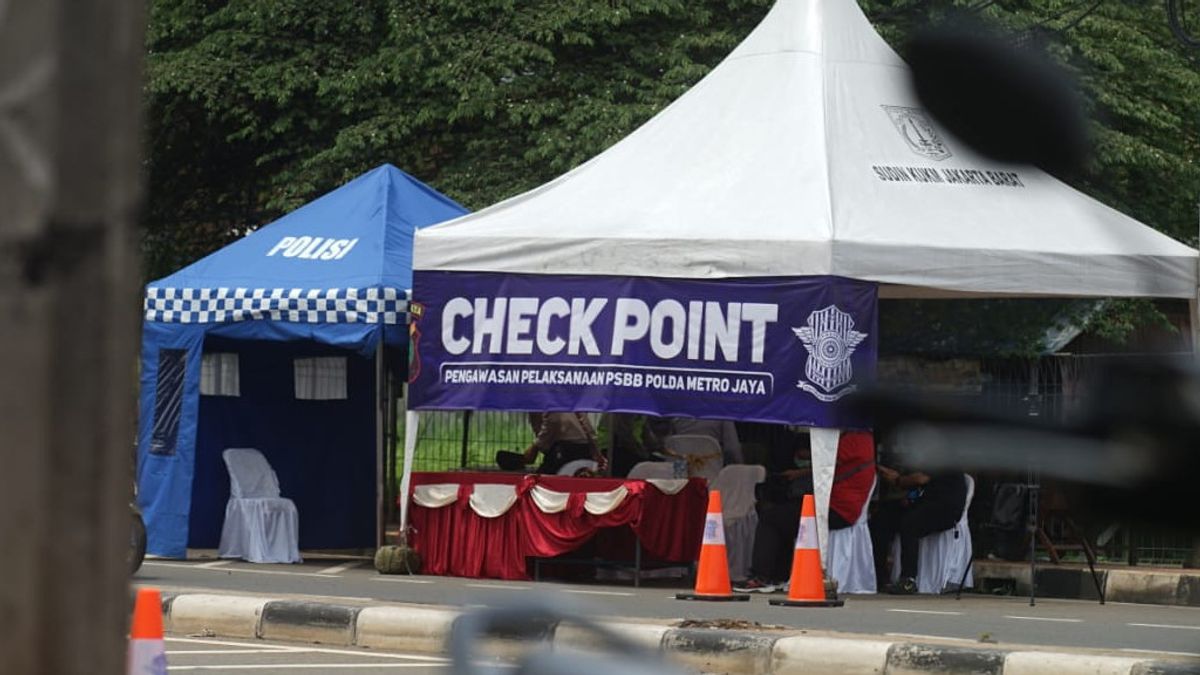JAKARTA - The corona virus pandemic or COVID-19 in Indonesia is increasingly spreading. The number of positive patients for the virus also continues to grow. The slow response of the government to address the spread of the virus is in the spotlight.
Institute for Development of Economics and Finance (Indef) senior economist Faisal Basri admitted that before the government adopted the PSBB policy, he never stopped calling for the government to immediately implement large-scale social restrictions (PSBB). That, he said, was done to avoid the widening area exposed to COVID-19.
In addition, Faisal also admitted that he was disappointed with the government, which instead took a policy to prohibit the homecoming for Eid Al-Fitr or Eid after millions of people had gone home.
"I see the handling in Indonesia is messy, all responsibility. Millions of homecoming have just been banned. PSBB in Jakarta yesterday I happened to be obliged to go to my parents' house in Pancoran as if there was nothing," he said, in a virtual discussion. entitled 'Economic Costs of Facing the COVID-19 Crisis', Friday, April 24.
Moreover, said Faisal, the slow pace of the government, in this case the Ministry of Health, to grant permits to regions wishing to implement the PSBB, has made the spread of this virus even more widespread.
"One more thing, PSBB is only allowed for the indicator of victims who died. So if the number of victims who died is still a few, then PSBB will not be given. Waiting for people to die, how come it's only PSBB, strange. Things like this are what makes it troublesome," he said.
Faisal assessed that, especially for Indonesia, it cannot be predicted how long this virus will last. Even according to him, the peak of this outbreak was unknown.
This situation, he said, would in fact make the recovery costs even greater. Moreover, Indonesia does not have the capacity to back up the economy so that it does not fall too sharply.
"So we have missed a lot. For example, Iran, Iran's active case has dropped, while we are still rising who knows how long. Maybe the peak is after Lebaran, because there are many homecoming people. Terrible, terrible," he said.
Faisal's disappointment has peaked, where he sees the high spread of the COVID-19 virus because the government is not ready to provide rapid test facilities.
"Then the other thing that I am very disappointed with is the delay in handling testing . We have only tested 50 thousand of them, only 214 per one million inhabitants. That makes us even more uncertain how long this virus lasts," he said.
"All countries say they need reagents for the test . But how come India can do a lot? Pakistan can have a lot? How come we only have 50 thousand," he said.
For your information, based on official data released by the task force as of Friday, April 24, there were an additional 436 new cases of COVID-19 patients, so that a total of 8,211 people were positively infected. Meanwhile, the number of recovered patients also increased by 42 to 1,002 people. The increase in the death rate increased by 42 people so that a total of 689 people died from COVID-19.
The English, Chinese, Japanese, Arabic, and French versions are automatically generated by the AI. So there may still be inaccuracies in translating, please always see Indonesian as our main language. (system supported by DigitalSiber.id)













